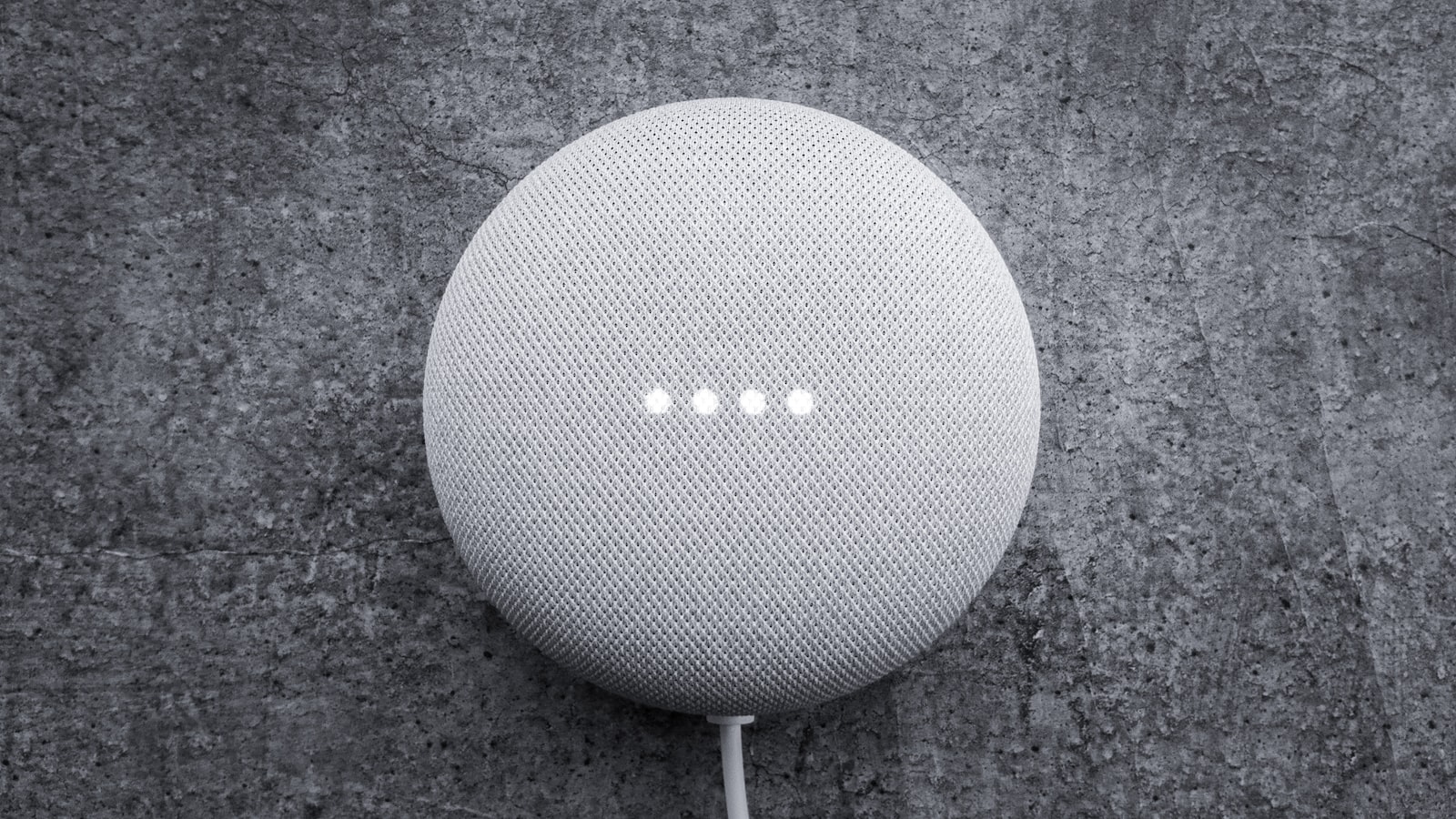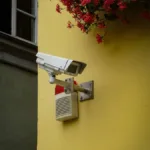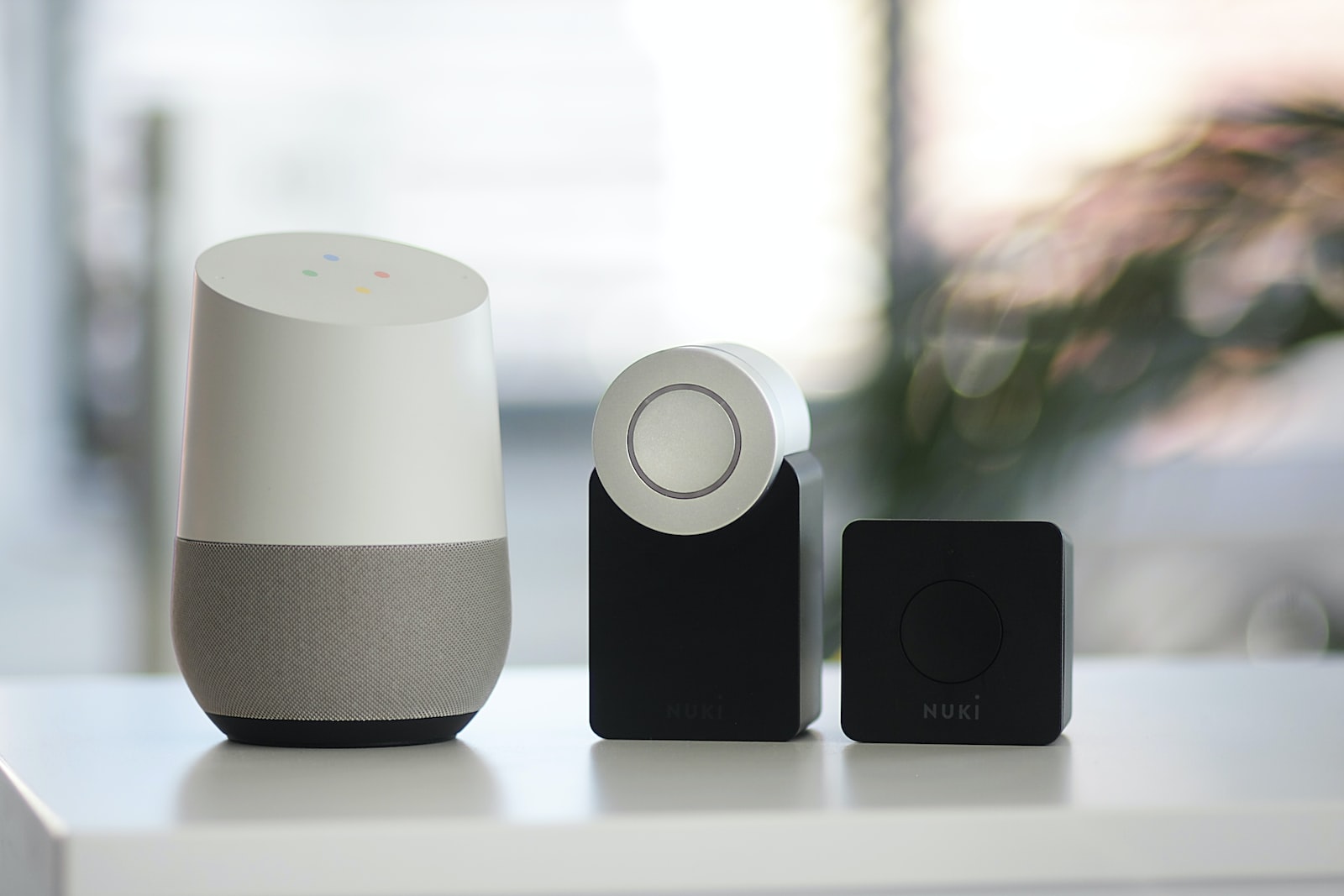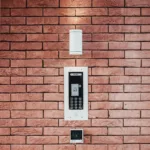In the world of home automation, voice control has become increasingly popular in recent years. With the rise of virtual assistants like Amazon’s Alexa and Google Assistant, more and more homeowners are opting for voice-controlled smart home systems. But what are the pros and cons of using voice commands to control your smart home? In this article, we’ll take a closer look at the advantages and disadvantages of voice-controlled smart home automation, and help you decide whether it’s the right choice for your home.
Table of Contents
The Pros of Voice-Controlled Smart Home Automation
Voice-controlled smart home automation has become increasingly popular in recent years, thanks to the rise of virtual assistants like Alexa and Google Assistant. This type of automation allows homeowners to control various aspects of their home using voice commands, making it a convenient and efficient way to manage your living space. Here are some of the key benefits of voice-controlled smart home automation:
- Hands-free control: With voice-controlled automation, you can control your lights, thermostat, and other smart devices without having to physically interact with them. This is especially useful when your hands are full or you’re engaged in another task.
- Increased convenience: Being able to control your home with simple voice commands makes it easier to perform daily tasks, such as turning off lights or adjusting the temperature.
- Compatibility: Many smart devices are now compatible with virtual assistants like Alexa and Google Assistant, making it easy to integrate them into your existing smart home setup.
- Voice recognition: Some smart home devices use voice recognition to personalize the user experience, adjusting settings based on the specific user’s preferences.
Voice-controlled smart home automation can bring a lot of convenience to your daily living, making your home more comfortable and energy-efficient.
The Cons of Voice-Controlled Smart Home Automation
- Privacy concerns: Voice-controlled smart home automation systems are always listening, which can be concerning for some users as it raises questions about data privacy and security.
- Accuracy: Voice recognition technology is not perfect, and some users may experience inaccuracies or difficulty getting the system to understand their commands.
- Cost: Voice-controlled smart home automation systems can be expensive, particularly if you’re looking to outfit your entire home with smart devices.
- Dependence: Some users may become overly reliant on their voice-controlled smart home automation system, which can make it difficult to perform tasks manually if the system malfunctions or loses power.
- Limited compatibility: Some voice-controlled smart home automation systems may only work with specific brands or types of devices, which can limit the functionality of the system in certain areas of your home.
- Limited control: Voice commands can only do so much. Some tasks, like programming schedules and setting scenes, may still require a separate app or remote control.
While voice-controlled smart home automation offers many convenient features and benefits, it also comes with potential drawbacks such as privacy concerns, dependency on internet connectivity, and the risk of hacking.
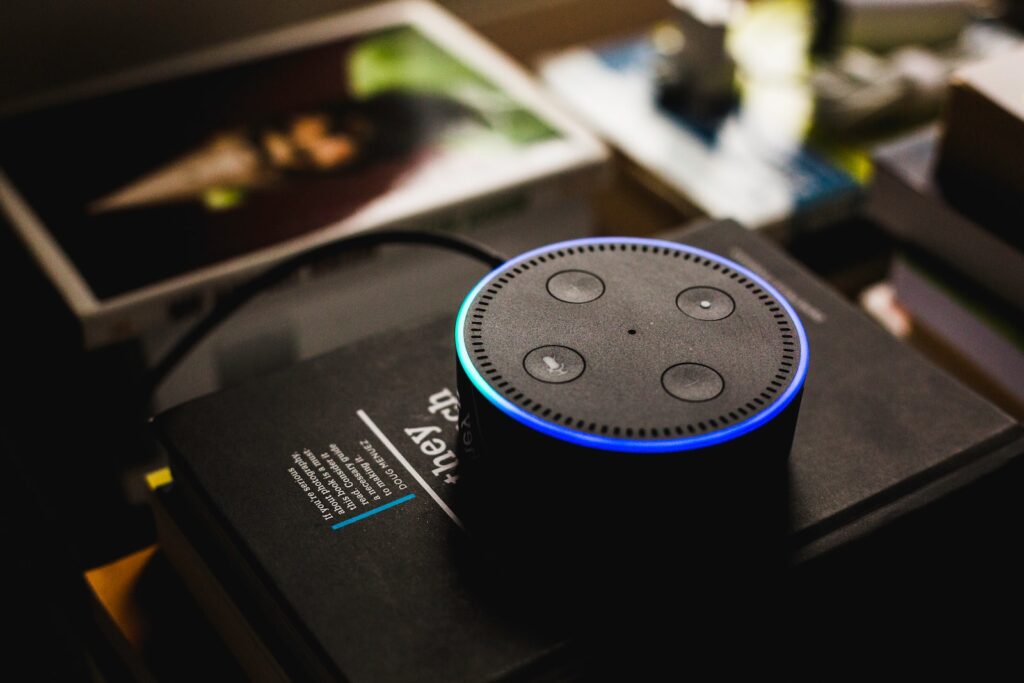
How to Choose the Right Voice-Controlled Smart Home Automation System
Key points to consider
- Consider the compatibility with your existing smart home devices
- Think about the specific features that you need and want
- Research the different brands and models available
- Consider the cost and any potential long-term savings
Tips for Optimizing Your Voice Assistant Experience
- Set up routines to automate multiple tasks at once
- Use voice commands that are easy to pronounce and remember
- Keep your device’s microphone and speaker clean
- Regularly update your device’s software
- Utilize voice recognition and voice profiles to improve accuracy
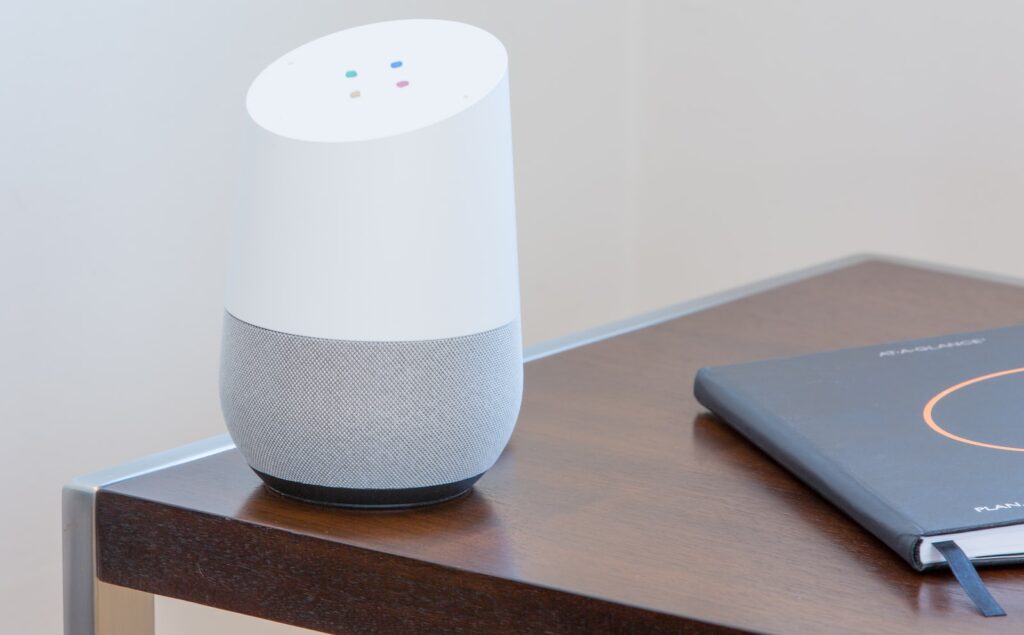
Frequently Asked Questions
What are the advantages of voice controlled home automation?
Voice controlled home automation allows for hands-free control of your smart devices and can make daily tasks more convenient. Some advantages include the ability to control multiple devices with a single command, the ability to control devices while you’re away from home, and the ability to control devices if you have physical limitations that make it difficult to use traditional controls.
What are the benefits of voice control?
Voice control allows for hands-free operation of smart devices, making it more convenient to use. It also allows for control of multiple devices with a single command and can be useful for those with physical limitations. Additionally, voice control can be used to control devices remotely, allowing for greater control and peace of mind when away from home.
What are the disadvantages of voice assistants?
Some disadvantages of voice assistants include privacy concerns, as the device is always listening, and the potential for miscommunication or misinterpretation of commands. Additionally, voice assistants may not be able to control all smart devices and may require additional setup or purchasing compatible devices.
Conclusion
In summary, voice-controlled smart home automation offers many convenient and efficient benefits, but also has some potential drawbacks to consider. By researching and choosing the right system, setting it up correctly, and optimizing your experience, you can enjoy the full potential of voice-controlled smart home automation in your home.


